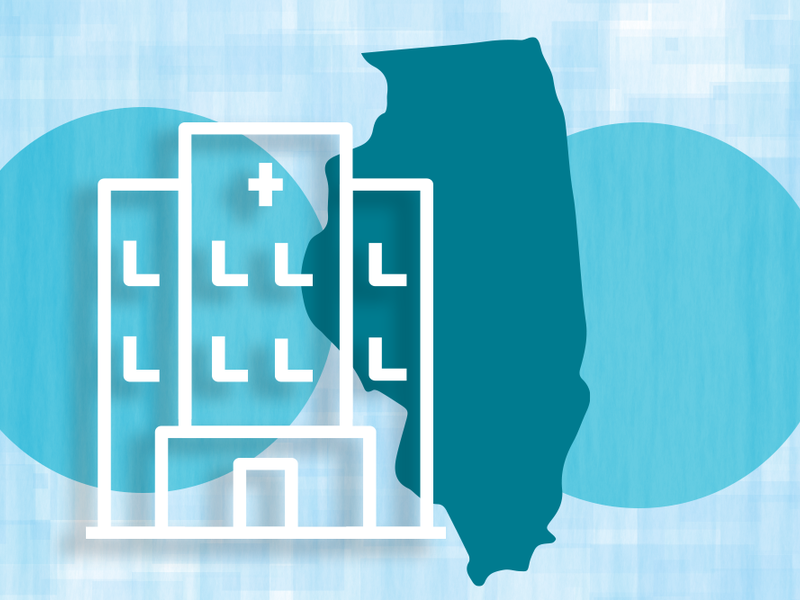
Health insurance companies in Illinois will soon have to comply with a new law governing prior authorizations for medical care under legislation Gov. JB Pritzker (D) signed Thursday.
The Prior Authorization Reform Act will become effective Jan. 1 as a way to address dangerous delays in care, adverse health outcomes, and rising costs for necessary medical treatments.
“This legislation advances a key belief of mine that I know is shared by millions of residents across Illinois: Healthcare is a right, not a privilege,” Pritzker said in a news release. “For too long, the misuse of prior authorization led to delays and additional worry for Illinois families in need of care.”
Under the law, prior authorization programs are subject to member coverage agreements and medical policies, and they can’t interfere with healthcare providers’ independent medical judgment. In addition, insurers must be transparent about their prior authorization rules.
Illinois is one of 47 states with some form of prior authorization law in place, according to the insurance trade association AHIP.
Eighty-three percent of physicians say the number of prior authorizations required for prescription drugs and medical services has increased over the last five years, and 87% say that prior authorizations interfere with continuity of care, according to a 2020 American Medical Association survey. More legislation is needed to make it easier for providers to obtain clearance to provide medical care, the AMA contends.
The new Illinois law establishes approval timelines, requires approvals remain valid for longer to ensure continuity of care, creates a system for prior authorization denials, sets disciplinary measures for infractions, requires health plans list services for which prior authorization is required, reduces the number of services subject to prior authorization, and mandates that insurers make decisions within five days when providers request authorization.
During the COVID-19 pandemic, 34 states are requiring insurers to maintain authorizations granted prior the public health emergency until the outbreak is over, according to the AMA. In addition, 41 states temporarily suspended prior authorizations for Medicaid patients.
Source link : https://www.modernhealthcare.com/insurance/illinois-enacts-prior-authorization-reform-bill











